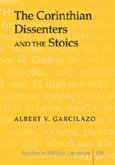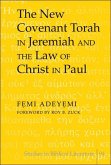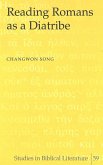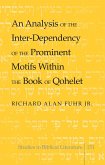The Apostle Paul sought to exert his influence and authority over the congregations he founded long after they had been established. Such ongoing oversight by Christianity's prototypical "evangelist" has not been adequately understood. In a brief 1987 article, W. Paul Bowers challenged John Knox's assertion that Paul's "pastoral and administrative work irked him and that he wanted to be free of it". This book confirms and significantly develops Bowers's little-known thesis, examining a wide range of passages in the apostle's undisputed letters and highlighting crucial implications of Paul's broadly conceived vocation for understanding his mission and moral reflection.
"This ground-breaking work identifies the central place of 'mission' in the life, work, and writings of the Apostle Paul. By refusing to reduce the language of mission to the realm of the initial evangelization of converts, 'Mission and Moral Reflection in Paul' shows the 'missional' character and concern of Paul's writings - particularly his ethical or parenetic comments - in his ongoing interactions with congregations and converts in their own ongoing life and work. This book demonstrates through careful exegesis the value and importance of a 'missional' hermeneutic for reading and comprehending Paul's letters." (Marion L. Soards, Louisville Presbyterian Theological Seminary)








